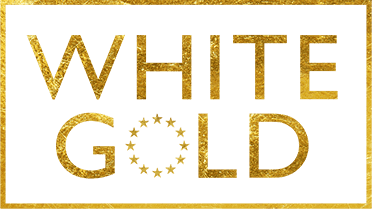



the power of dairy

Superior quality and food safety are the pillars upon which we form our exportation guidelines. Belgian dairy is no exception. It’s renowned for its high-quality standards by imposing rigorous controls throughout the production and transportation process, all the way from the dairy farmers to the consumer. Belgian producers only rely on in-house transportation means and bottling mechanisms to take matters into their own hands.
All farm milk is checked upon delivery at the factory along various quality parameters. Additionally, each farm is audited according to the Quality Assurance System IKM on topics like animal health, animal welfare, cleaning and environment.
Those who do not meet the required standards are not allowed to deliver milk to the dairy companies. Furthermore, independent inspectors like the FAVV test the various quality systems that are put in place at production locations, in addition to checks from the official food safety authorities. This way we can ensure quality and food safety based on both independent and official sources. The FAVV is a role modelfor the European Union regarding food safety matters. Belgian dairy is renowned all across the globe, both to international importers or local clients. Even the Chinese government has approved the importation of Belgian dairy after thoroughly screening our facilities.
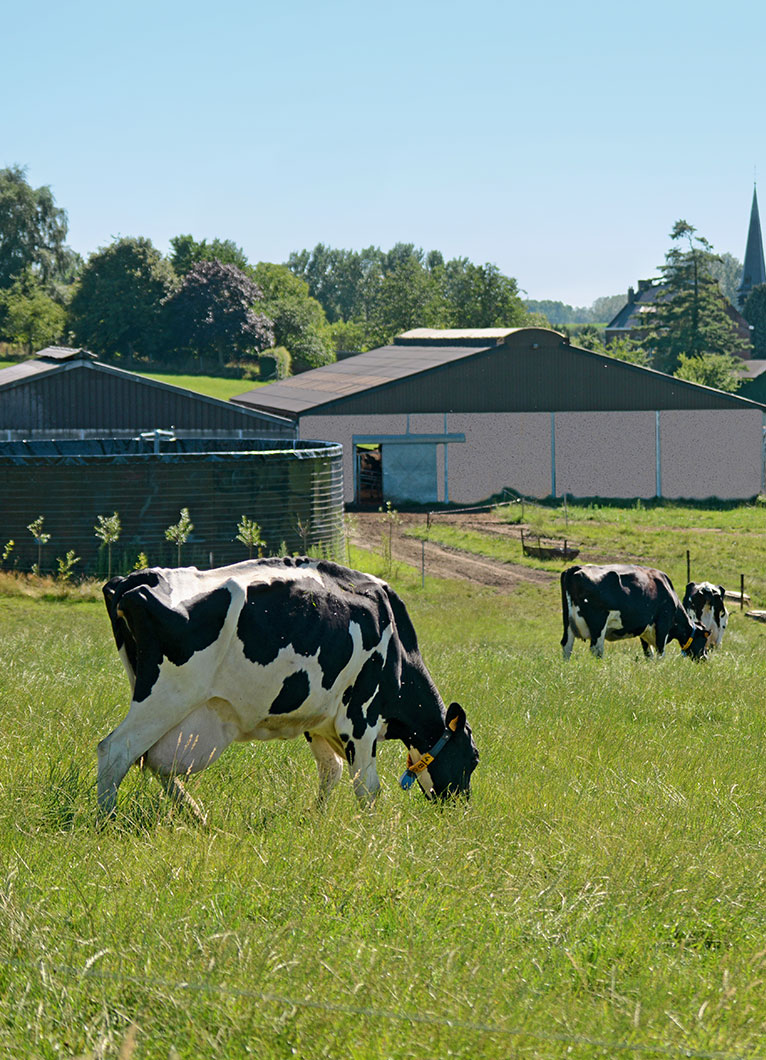

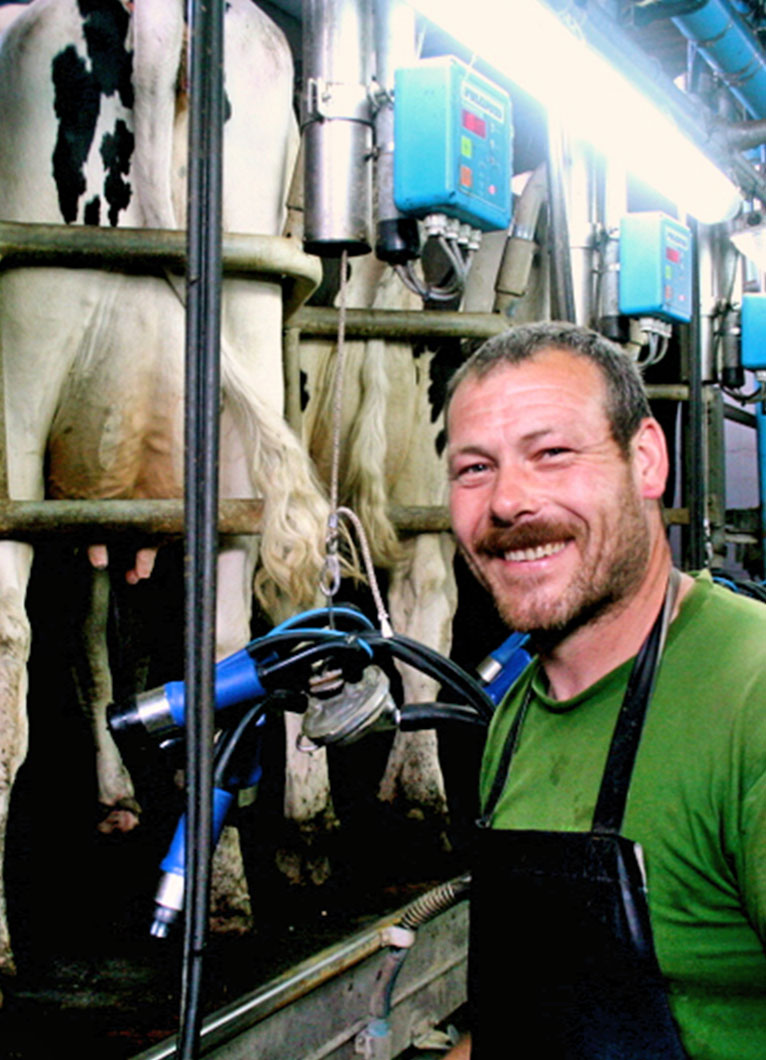

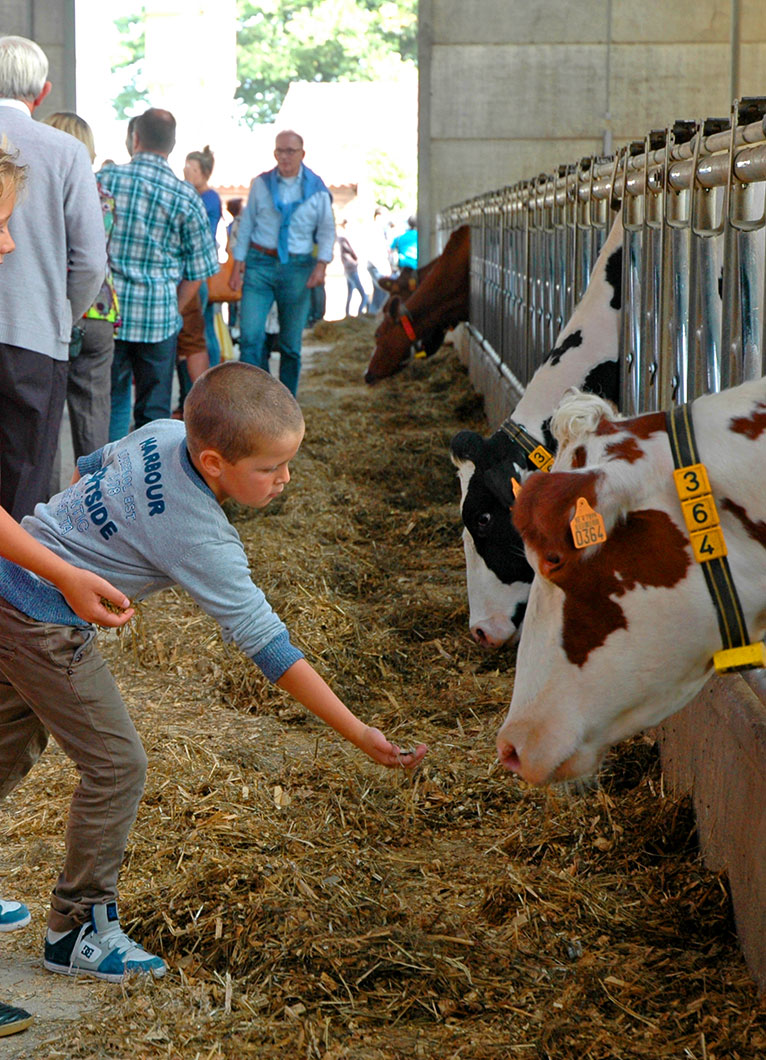

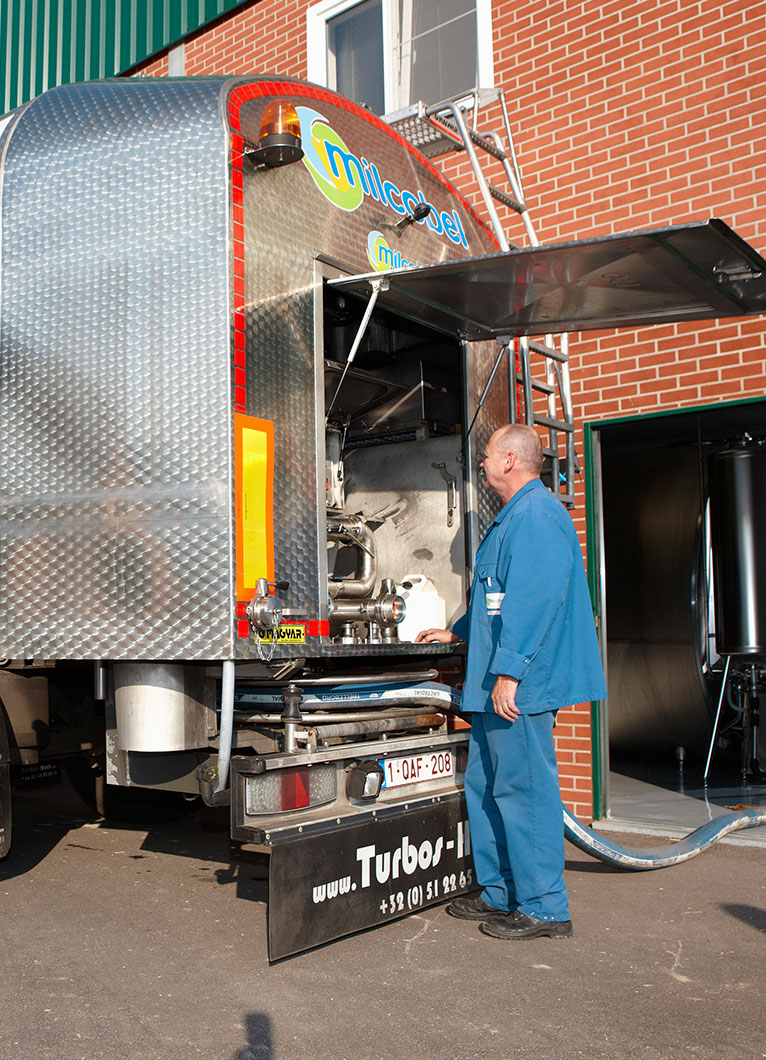

Distribution of Belgian dairy products around the world in 2021,
with growth percentages over the last 5 years.


Cows and fields, it’s a common sight in Belgian. Our country is extremely suitable for dairy farmers thanks to the subtle sea climate and sufficient rainfalls. Over a fourth of all farmland remains a permanent meadow. Essentially, milk has been part of our cultural and gastronomic entity for centuries across all age groups. From baby nutrition to a royal platter of cheese, dairy has always been and will always be loved in Europe and beyond.
The Belgian dairy sector draws on its independent and family-owned roots. In contrast with the more industrial German producers, Belgian dairy is defined by its smaller-scale facilities. Often passed through generation upon generation, the traditional values remain an integral part of the reason why.

20 Ca calcium
30 Zn zinc
00 B12 vitamine
00 P proteins
Dairy cattle convert the grasses that are indigestible to humans into milk that is rich in vitamins, proteins and minerals (such as calcium), but simultaneously low in calories. Most people associate milk and dairy with calcium and bone building, but dairy foods offer much more extensive nutritional benefits. Milk contains high-quality proteins and is a natural source of calcium, vitamin B12, B2, phosphorus and potassium. The Belgian dairy industry even uses careful heat-treatments to conserve the nutritional benefits at the highest level.
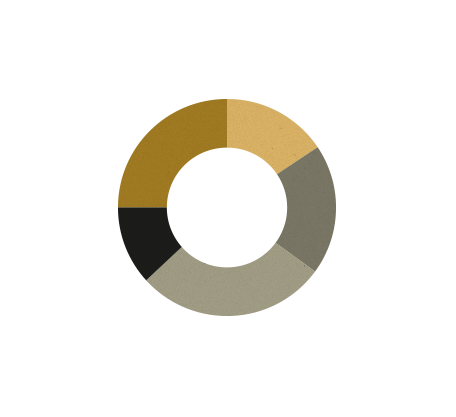
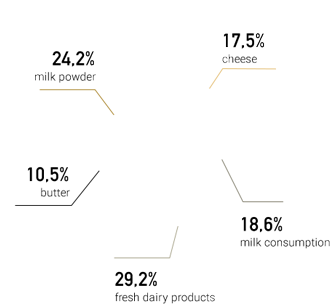
It remains our prime objective to promote a healthy lifestyle. Belgian dairy products therefore contain a natural wealth of essential nutrients that are key in balanced diet. Our industries produce a wide range of dairy products with low-fat and low-sugar alternatives, and our cheese companies have participated in a government plan to reduce the salt content by approximately 10% since 2008. In Belgium, it is even recommended to consume three dairy products a day, like a glass of milk, a slice of cheese or a yoghurt dessert.
Instead, our focus has shifted towards consumption milk, fresh dairy products and cheese.
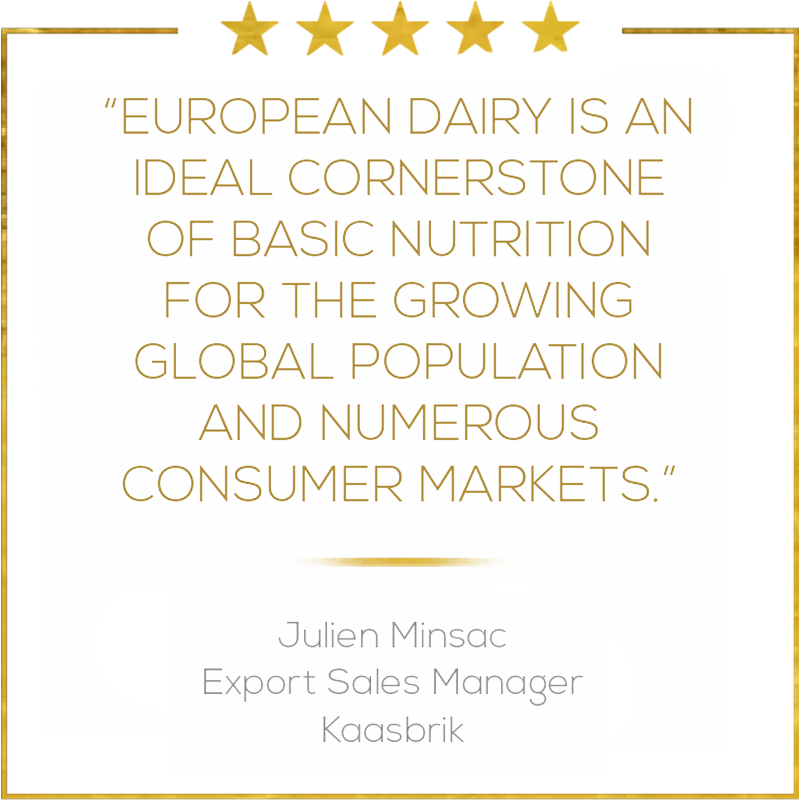

0% Over the years, the dairy industry reduced its CO2 emissions by 35% since 2009.
0% Between 2000 and 2015 the carbon footprint of raw milk has decreased with 26%.
0% of the Belgian farmers have been audited on their sustainability initiatives.
0% The petrol usage per litre of transported milk has gone down by 22% between 2006 and 2014.
0% of the farmers commit to the ideal quality of living with a loose-housing system.
0%
have reached the long-term longevity goals.
0% is producing green energy. That’s the equivalent of 5.000 Belgian families.
0% have reached their targets to maximize local forage production.
Sustainability has become part of our daily lives. Global warming, greenhouse gas emissions, ecological footprint, biodiversity and other issues regularly pop up in the media. That’s why the Belgian dairy sector wants to contribute to a more sustainable future. Our proactive approach works on multiple levels: from the dairy producer, through the transport up until the final processed products. But producers also get to improve the perception of our business through good care of its cattle. All in all, the dairy industry and the agricultural organisations have combined their efforts to compose a list of 35 initiatives that can contribute to more ecological and sustainable farm.
The most important elements of the ‘Sustainability Monitoring program of Dairy Farms’ are:
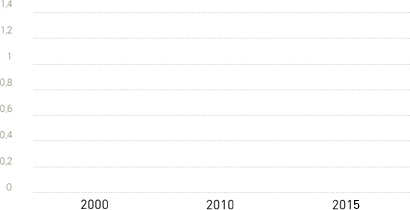





We will be present at Gulfood fair from the 20th to the 24th of February in Dubaï World Trade Centre.
Please, come and visit us at Hall 1 Stand: E1-2
